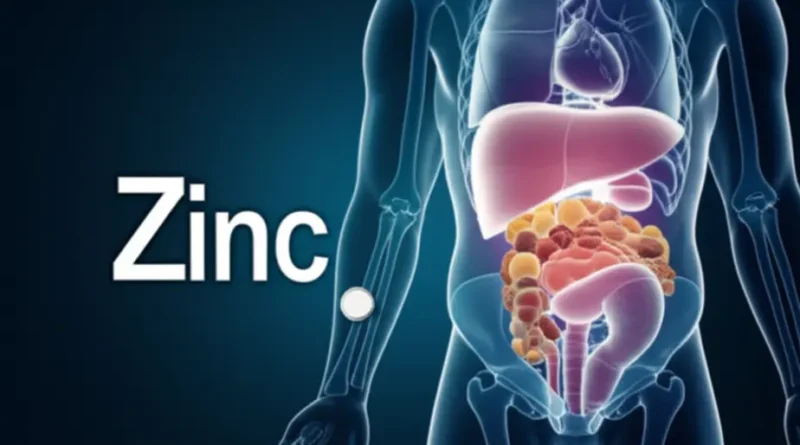The Role of Zinc in Male Reproductive Health
Zinc, a trace element, is often underestimated when it comes to its role in human health. However, its significance in male reproductive health cannot be overstated. For men, zinc plays a pivotal role in numerous physiological processes, from hormone production to sperm development and function. In this blog post, we will explore how zinc contributes to male reproductive health and why it should be a crucial part of your dietary considerations.
What is Zinc?
Zinc is an essential mineral found in various foods and supplements. It is involved in over 300 different biochemical reactions in the body, primarily within the immunological, neurological, and reproductive systems. It is absorbed through the intestines and most abundantly stored in the prostate, testicles, and semen.
The Importance of Zinc in Reproductive Health
Research has shown that zinc has vital roles in several aspects of male reproductive health:
- Sperm Production: Zinc influences spermogenesis, the process of sperm production. Adequate zinc levels are essential for the maturation and motility of sperm cells, as well as the prevention of sperm abnormalities.
- Testosterone Regulation: Zinc plays a key role in testosterone production. Low levels of zinc can lead to decreased testosterone levels, which can subsequently impact libido and overall sexual function.
- Antioxidant Protection: Zinc acts as an antioxidant, protecting sperm from oxidative stress. Oxidative stress can damage sperm DNA and lead to fertility issues. Zinc helps combat this by stabilizing cell membranes and reducing harmful free radicals.
- Prostate Health: Adequate zinc levels are crucial for maintaining prostate health. It supports the normal functioning of the prostate gland and helps reduce the risk of prostate conditions.
Sources of Zinc
To harness the benefits of zinc for male reproductive health, it’s important to incorporate zinc-rich foods into your diet. Some excellent sources of zinc include:
- Meat: Red meat, poultry, and seafood (especially oysters) are among the richest sources.
- Dairy Products: Milk, cheese, and yogurt are not only delicious but also provide a good amount of zinc.
- Nuts and Seeds: Pumpkin seeds, cashews, and almonds are healthy snacks that can boost your zinc intake.
- Legumes: Chickpeas, lentils, and beans are great plant-based sources.
- Whole Grains: Whole wheat bread, quinoa, and oats also contain significant amounts of zinc.
Recommended Daily Allowance (RDA)
The RDA for zinc varies depending on age and life stage. For adult men, the RDA is about 11 mg per day. However, individual requirements may vary based on dietary habits, absorption rates, and overall health conditions. It’s advisable to consult with a healthcare professional before starting any supplementation.
Zinc Supplements
While obtaining zinc from food sources is optimal, supplements can be beneficial for those who are unable to meet the needs through diet alone. Common forms of zinc supplements include zinc gluconate, zinc citrate, and zinc picolinate. Again, it’s important to consult with a healthcare provider before beginning supplementation, as excessive zinc intake can lead to toxicity and interfere with the absorption of other essential minerals, such as copper.
Potential Risks of Zinc Deficiency
Zinc deficiency can have severe implications for male reproductive health. Some symptoms include:
- Lower testosterone levels, which can lead to reduced libido and erectile dysfunction.
- Decreased sperm count and motility, making conception more difficult.
- Increased susceptibility to infections.
- Impaired immune response and chronic fatigue.
Addressing zinc deficiency can lead to improvements in overall reproductive health and well-being.
Conclusion
In summary, zinc is a crucial element for male reproductive health. From supporting testosterone levels to ensuring the production and function of healthy sperm, this mineral is integral to male fertility. Maintaining adequate zinc levels through diet or supplementation can promote reproductive wellness and help combat potential health issues. If you’re concerned about your zinc intake, talk to a healthcare provider to explore dietary changes or supplementation options based on your individual needs.

